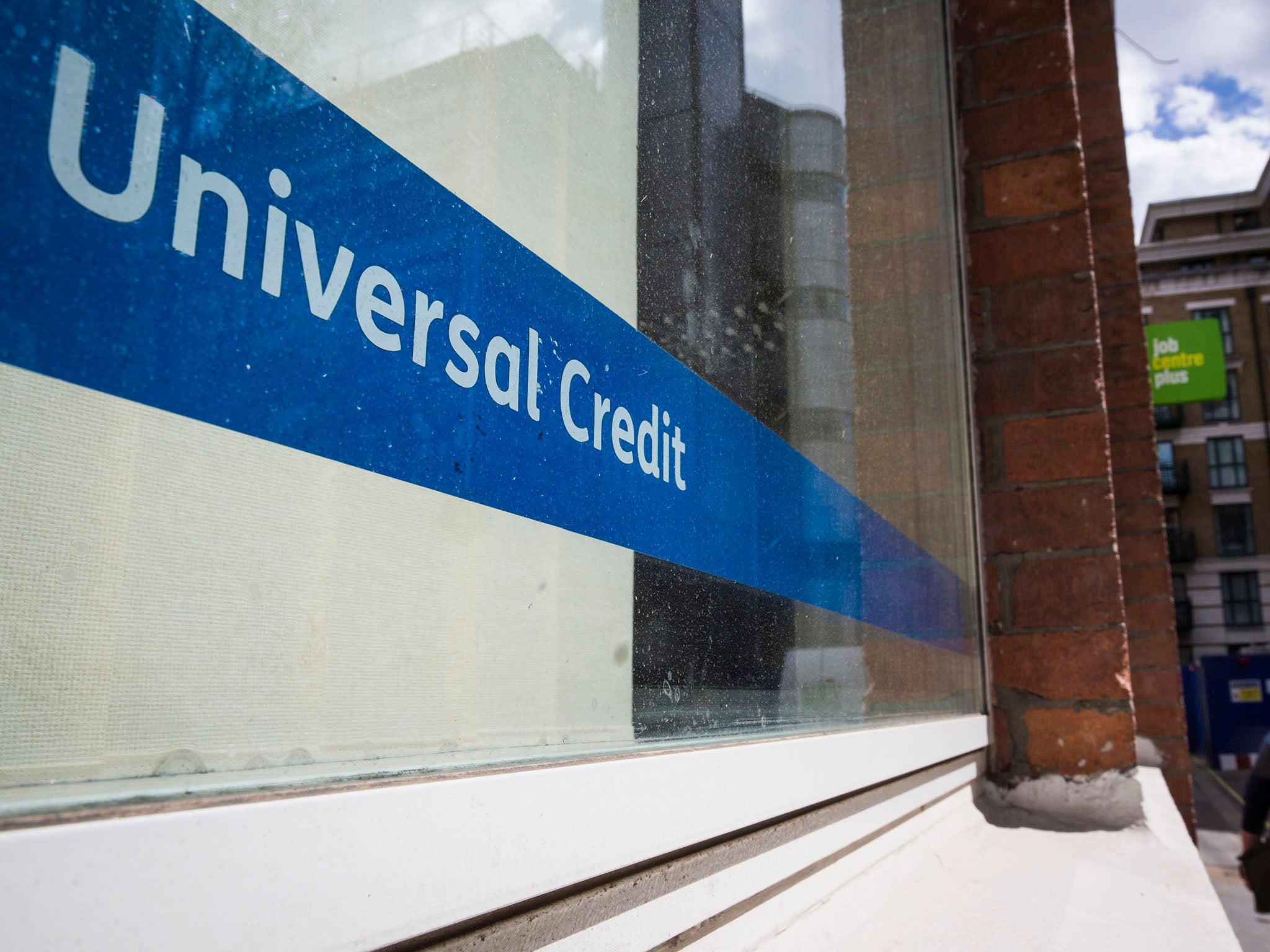Universal Credit: Welfare system to be delayed again with completion not expected until 2024
Late implementation will cost taxpayer a further £500 million over five years

The completion of the government’s troubled Universal Credit welfare scheme has been put back yet again, at a cost of £500 million.
Slower-than-expected transfers of claimants from existing benefits mean the date of completion of the roll-out has been put back by nine months to 2024.
When first announced by Iain Duncan Smith as a replacement for a range of benefits in 2010, Universal Credit was due to be fully implemented by 2017.
But it has been beset by a series of delays, and welfare delivery minister Will Quince today announced that more time was needed to transfer the final 900,000 claimants.
Universal Credit was implemented first with new claimants, or those whose circumstances had changed, with the more complicated transfer of individuals from existing benefits left until later.
The Department of Work and Pensions attributed the latest delay in part to the robustness of the labour market, which has meant that fewer people than expected experienced a change in circumstances, leaving 900,000 more people than expected claiming the old benefits.
Mr Quince said: “Universal Credit is the biggest change to the welfare system in a generation, bringing together six overlapping benefits into one monthly payment and offering support to some of the most vulnerable people in society.
“It is right that we revisit our forecasts and plan, and re-plan accordingly - ensuring that the process is working well for people on benefits.
“Claimants will not lose money due to this forecasting change.”
A DWP spokesman added: “This will result in transitional protection for a further 900,000 people, which will cost around £500 million over the next five years.”
Some 2.8 million people are now receiving support from Universal Credit.
- Details of the discussions behind the delay can be seen on BBC2's Universal Credit: Inside the Welfare State at 9pm on 4 February.
Join our commenting forum
Join thought-provoking conversations, follow other Independent readers and see their replies
Comments